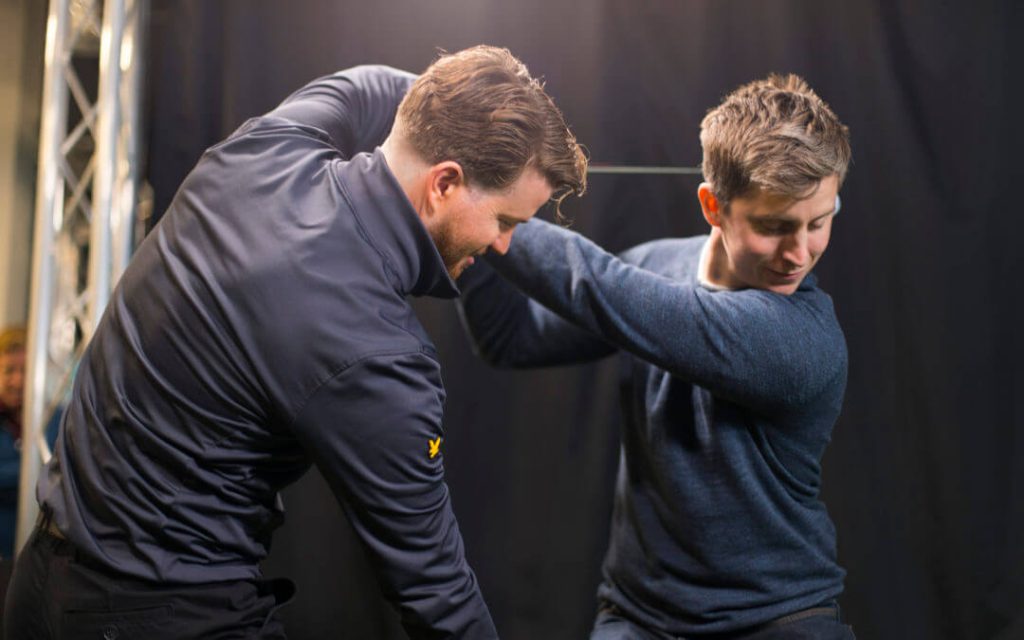To become a professional golfer, you must first understand the industry. There are several professional tours, with the most prestigious PGA and LPGA tours. Other notable tours include the Korn Ferry Tour, DP World Tour (formerly European Tour), and regional circuits.
A professional golf career guide involves progressing through the amateur ranks, playing in college or local tournaments, and eventually qualifying for a tour.
2. Essential Skills for a Professional Golfer
Success in professional golf requires mastering several key skills:
- Golf Swing Techniques – Developing a consistent and powerful swing.
- Short Game Mastery – Chipping, putting, and bunker shots.
- Course Management – Understanding different course layouts and strategies.
- Mental Strength – Handling pressure and staying focused during tournaments.
To truly master golf skills, aspiring professionals should work with a coach, use technology like swing analyzers, and practice daily.
3. Building a Strong Golf Training Routine
A golf training routine for professionals includes:
- Daily practice sessions (Driving range, short game, and putting drills).
- Playing rounds regularly to simulate tournament conditions.
- Video analysis to refine technique.
- Working with a golf coach for feedback and improvement.
4. The Mental Game in Professional Golf
The difference between a good golfer and a great one often lies in mental toughness. The mental game in professional golf includes:
- Focus and concentration techniques
- Handling pressure in tournaments
- Using visualization and positive thinking
- Overcoming slumps and maintaining confidence
5. Golf Fitness and Conditioning
Unlike the past, modern professional golfers follow strict fitness regimens. A strong golf fitness and conditioning program should include:
- Strength Training (Core and leg workouts for power).
- Flexibility and Mobility (Yoga and stretching for a full range of motion).
- Endurance Training (Cardio exercises to maintain energy levels).
6. Best Golf Equipment for Professionals
Choosing the best golf equipment for professionals can impact performance. Key considerations include:
- Golf clubs (Fitted to your swing).
- Golf balls (Compression and spin rate considerations).
- Shoes and gloves (For comfort and grip).
Leading brands like Titleist, Callaway, and TaylorMade provide top-quality gear for pro golfers.
7. How to Qualify for the PGA Tour
One of the most common questions is, “How do golfers get their PGA card?” To qualify:
- Compete in amateur and college golf tournaments.
- Join mini-tours and gain competitive experience.
- Enter the Korn Ferry Tour Qualifying Tournament (Q-School).
- Earn points through the Korn Ferry Tour to qualify for the PGA Tour.
8. The Importance of Tournament Experience
To succeed, you need to build your reputation through tournaments. Golf tournament preparation tips include:
- Studying the course layout.
- Practicing under real tournament conditions.
- Developing a game plan for each round.
9. Getting Sponsorships in Golf
Many golfers wonder, “How to get sponsorships in golf?” Sponsorships provide financial support and equipment. Steps to secure sponsors include:
- Building a strong amateur resume.
- Engaging in social media marketing.
- Networking with brands and companies.
10. The Financial Side of a Golf Career
Another common question is, “How much do professional golfers make?” Earnings vary, but top PGA Tour players make millions in prize money, endorsements, and sponsorships. However, entry-level pro golfers often struggle financially until they gain recognition.
11. How Long Does It Take to Go Pro?
“How long does it take to go pro in golf?” The answer varies. Some start at a young age and turn pro by their early 20s, while others take longer. Typically, it takes 5-10 years of serious training and competition.
12. Best Age to Start a Golf Career
“What is the best age to start a golf career?” Ideally, aspiring professionals should start in childhood (6-10 years old), but there are cases of golfers turning pro in their 30s and beyond.
13. Can Anyone Become a Professional Golfer?
“Can anyone become a professional golfer?” Technically, yes, but success depends on talent, dedication, training, and mental strength. The best way to find out is to start playing in amateur tournaments and gauge progress.
Conclusion
Becoming a professional golfer is a long and challenging journey, but with the right skills, training, and dedication, it’s possible. Whether you’re aiming for the PGA Tour or just looking to improve, following this professional golf career guide will set you on the right path.
FAQs
1. How do I start my journey to becoming a professional golfer?
Start by improving your skills, competing in amateur tournaments, and seeking coaching.
2. How much does it cost to become a professional golfer?
Expenses include training, equipment, travel, and tournament fees, often totaling tens of thousands per year.
3. Is it necessary to play college golf to go pro?
No, but college golf provides great experience and networking opportunities.
4. What is the fastest way to improve my golf swing?
Work with a coach, use video analysis, and practice consistently.
5. How do I stay mentally strong in high-pressure tournaments?
Practice mindfulness, develop a pre-shot routine, and stay focused on each shot.
Credit: www.cnn.com
